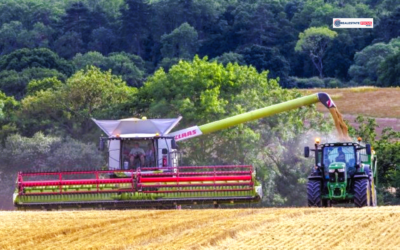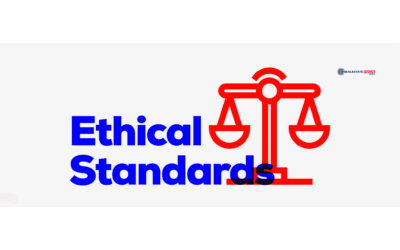

South Cumbrian Farm Dives into Wetland Farming Revolution
In a bold move toward climate-smart farming, Holker Estate Farm in South Cumbria opened its gates this week to a dozen curious farmers, all eager to learn about paludiculture, a radical, yet practical, approach to rethinking how we farm on peatlands. The workshop offered a deep dive into wetland crop cultivation, blending cutting-edge research with muddy boots realism.
Paludiculture may sound futuristic, but it’s rooted in ancient wisdom farming with water, not against it. By re-wetting drained peatlands and growing crops like sphagnum moss, bilberries, and water mint, farmers can cut carbon emissions while exploring fresh market opportunities. It’s a double win: protect the planet and grow something new.
Holker Estate isn’t just experimenting, they’re leading. As the only individual farm in the UK to receive direct funding from Natural England’s Paludiculture Exploration Project, they’re breaking new ground literally. This year-long collaboration with Savills is turning heads across the agricultural sector.
“This is about rewiring how we think about land use,” said David Harvey, Holker’s land agent and project lead. “Peatlands are powerful carbon sinks, but only if we treat them right. Paludiculture gives us a real-world way to farm sustainably and profitably.”
Expert voices at the workshop including Joe Lloyd from Savills Research and Tim Parfitt of Beadamoss shared real-life trials, challenges, and successes from the field. With drained peatlands emitting an estimated 8.5 million tonnes of CO₂ annually in England alone, interest in wetland farming is quickly gaining traction.
Holker’s leadership has already been recognised; it was recently shortlisted for the Cumbria Farmer Awards in the sustainability and environment category. With their fields filling with water and their sights set on the future, Holker Estate is proving that sometimes the best way forward… is getting a little wet.































